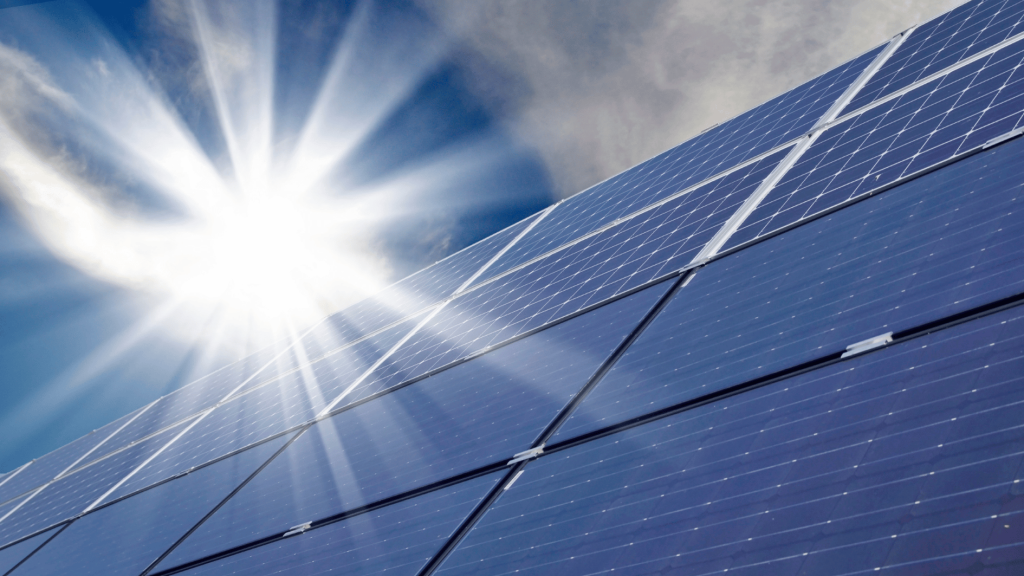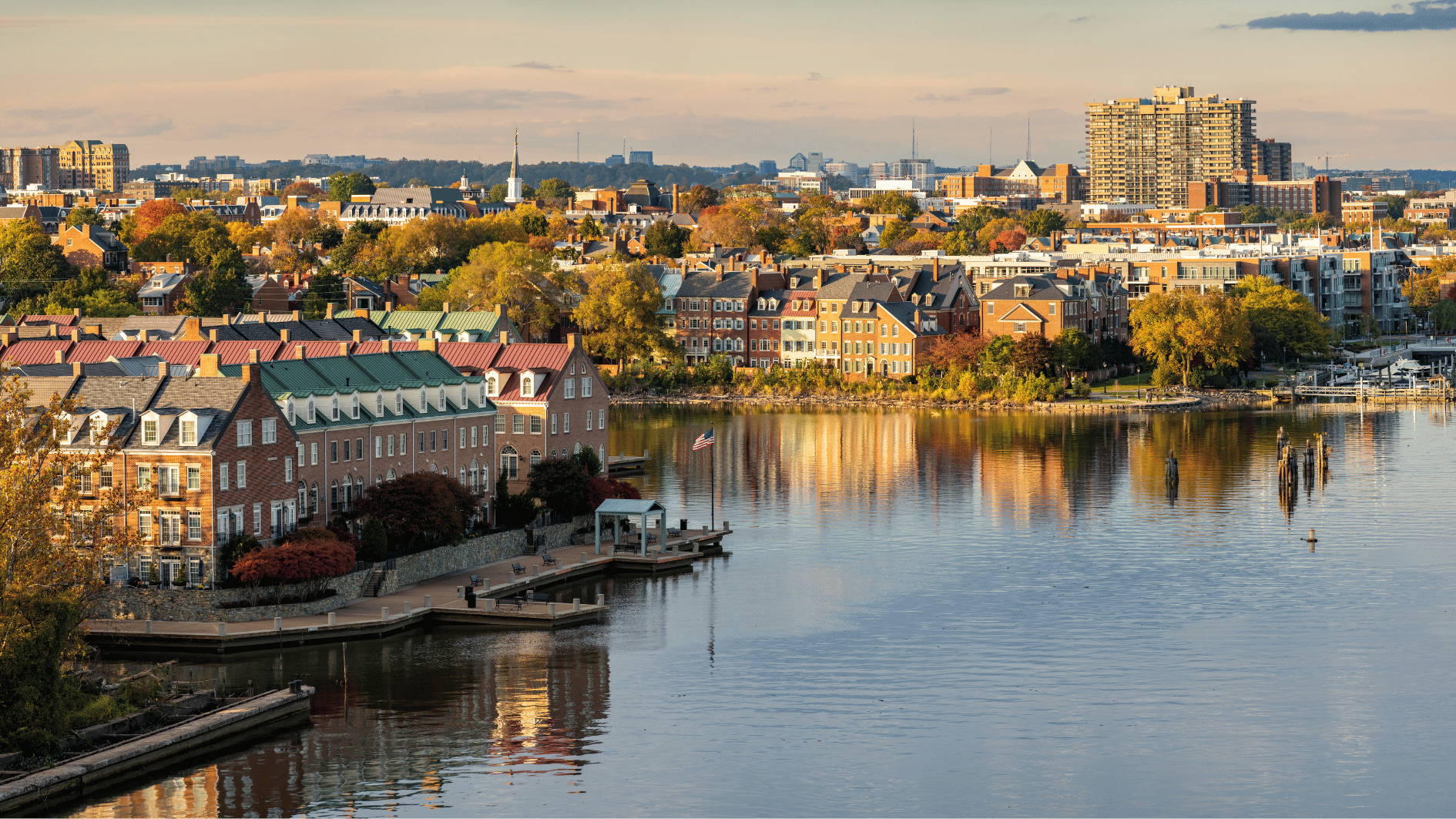Image source: Canva.com
Virginia, often called the “Old Dominion State,” is gaining recognition for its growing solar energy sector. With increasing awareness of renewable energy benefits and supportive policies, Virginia has become an attractive state for solar energy adoption. But how does it stack up as a location for solar power? Here’s an in-depth look at why Virginia is a good choice for solar energy and what makes it a promising state for homeowners and businesses.
Virginia’s Solar Potential
Virginia experiences approximately 205 sunny days per year, providing ample sunlight to make solar power a viable energy source. Although not as sunny as southwestern states, Virginia’s solar resources are sufficient for effective solar energy production. Additionally, advances in solar panel technology ensure consistent performance even on cloudy days.
Supportive State Policies and Incentives
Virginia has embraced solar energy through a combination of policies and financial incentives:
Virginia’s net metering program allows solar system owners to earn credits for surplus energy sent to the grid. These credits can be used to offset future electricity bills.
While Virginia doesn’t currently offer state-specific rebates, federal tax credits of 30% in 2025 significantly reduce the cost of solar installations.
Property Tax Exemption
Solar energy systems are exempt from property tax increases in many parts of Virginia, ensuring homeowners save more in the long term.

Virginia’s Key Solar Incentives in 2024: A Breakdown
Cost-Effectiveness of Solar Energy in Virginia
The cost of solar panel installation in Virginia has dropped significantly in recent years. The average cost of a residential solar system is between $15,000 and $25,000 before incentives, with federal tax credits reducing this amount substantially. With rising electricity prices, solar energy provides a hedge against utility costs and offers long-term savings.
Environmental and Economic Impact
Virginia’s commitment to renewable energy is driven by environmental and economic benefits:
Reduced Carbon Footprint
Solar energy helps reduce greenhouse gas emissions, supporting Virginia’s efforts to combat climate change.
Job Creation
The state’s growing solar industry has created thousands of jobs, boosting local economies.
Energy Independence
Solar power allows Virginians to reduce reliance on out-of-state energy sources and fossil fuels.
Community Solar Programs

For residents without suitable rooftops, Virginia offers community solar programs. These programs allow individuals to subscribe to a shared solar project and receive credits on their electricity bills, making solar energy accessible to renters and those with shaded properties.
Challenges and Considerations
While Virginia is a good state for solar energy, there are some challenges to consider:
Local Regulations
Some homeowners’ associations (HOAs) may have restrictions on solar panel installations, though recent legislation has limited their ability to deny solar projects.
Weather Variability
Seasonal changes, including winter months with shorter days, can temporarily reduce solar energy production. However, this is balanced by higher production during summer months.

The Solar Panel Payment Dilemma: Solved!
How to Get Started with Solar in Virginia
Assess Your Energy Needs
Review your energy usage to determine the appropriate system size.
Find a Trusted Installer
Look for certified solar installers with experience in Virginia’s permitting and regulatory processes.
Explore Financing Options
Consider solar loans, leasing, or power purchase agreements (PPAs) to fit your budget.
Understand Incentives
Take advantage of net metering and federal tax credits to maximize savings.
Is Solar a Smart Choice in Virginia in 2025?
Virginia’s combination of favorable sunlight, supportive policies, and economic benefits makes it a strong candidate for solar energy adoption. Whether you’re a homeowner looking to save on energy costs or a business aiming to reduce its carbon footprint, solar energy in Virginia offers significant opportunities. By embracing solar power, you can join the movement toward a cleaner, more sustainable future in the Old Dominion State.





